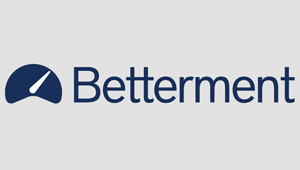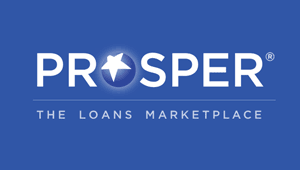Betterment Short Review
Betterment Pros – Betterment boasts about smarter investing for busy people and, they are really able to do that! They’ve created a platform that helps to automate the process of investing by assessing risk vs. reward and making the split second decisions that you simply don’t have the time to make. With straight forward pricing, Betterment is not only an easy choice, it’s a fairly low cost one!
Betterment Cons – Although the costs associated with investing with Betterment are very straight forward, it’s important to remember that there is a cost associated with automation. The automation Betterment provides helps to increase your investment dollars as fast as possible but, the increases do come at a cost. It’s important to decide if the added cost of automation is worth it for you.
Betterment Overview – Betterment really is a great company to work with. By providing ways to automate your investing, they have become a great start up investment for new investors that don’t have too much to work with. They give consumers the opportunity to invest very little and grow. However, if you’re a bigger investor, you may want to consider other options like OptionsXpress to avoid the added cost for automation that you don’t need.
Betterment Long Review
OK, now it’s time to get into the juicy details that I just can’t get into when it comes to a short review. Wow, there is so much…I’m not quite sure where to start. I guess I’ll start with pricing which, is pretty unique in this case. With most investment platforms, we see pricing on a per trade basis. You have to worry about what type of trade, is it broker assisted, ect… With Betterment, the pricing structure is quite a bit different. Instead of charging a per trade cost that can be difficult to calculate, they charge a small percentage based on the type of account you have and the amount of money that you have in the account. So, depending on your exact account, your fees will range from 0.15% to 0.35%.



